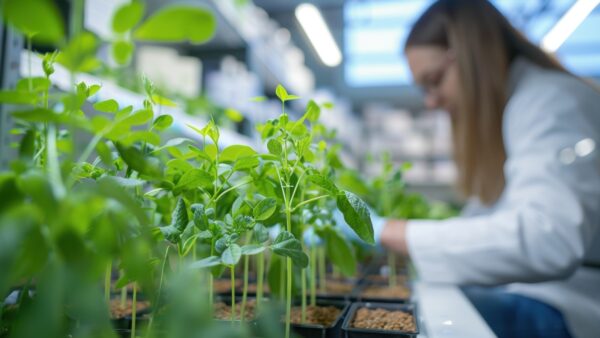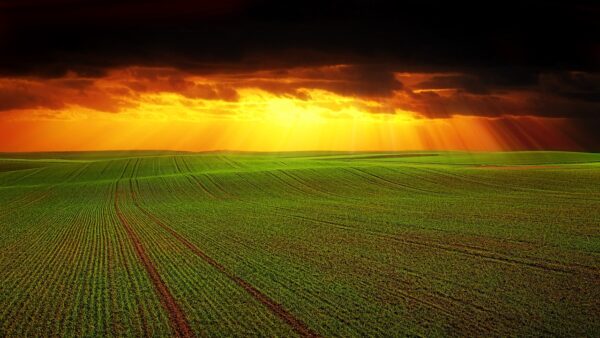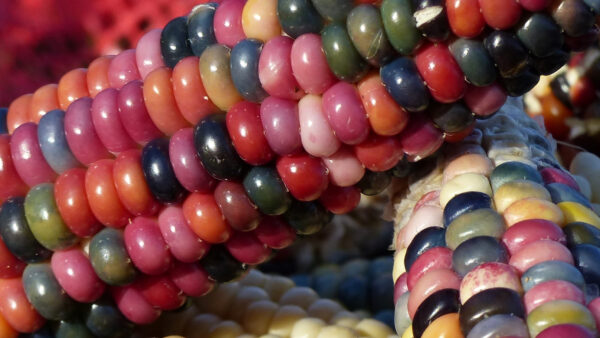
We all know the world population is set to hit 9 billion by 2050. Or is it? Darrell Bricker says it’s not going to happen, and we should prepare to have fewer mouths to feed — not more.
He’ll join us on Seed Speaks next week with two other guests to talk about this and why plant breeders should be thinking about quality and not just yield.
“Everyone’s always talking about the population problem and how it’s out of control, that’s we’re having too many babies, and how human encroachment will totally destroy our natural habitat. It’s not true,” says the CEO of public affairs for global market research firm Ipsos and co-author of Empty Planet: The Shock of Global Population Decline.
Bricker’s comments are being echoed more and more, and the United Nations itself recently lent major credence to his view when it declared Nov. 15, 2022, the Day of Eight Billion. According to the UN, the world’s population is now projected to reach 8 billion people, a milestone in human development. This unprecedented growth is due to the gradual increase in human lifespan owing to improvements in public health, nutrition, personal hygiene and medicine. It is also the result of high and persistent levels of fertility in some countries.
But the UN added that the overall growth rate of the global population is slowing.
Yes, you read that right: Bricker says even the commonly cited United Nations numbers overshoot the mark, and greatly overestimate how many people will be on the planet in the coming years. In fact, he says it’s unlikely the world population will even hit 9 billion at all. Instead, he says, it will top out at around 8.5 billion around 2030 before it begins to decline. And the decline will not stop.
This is due to three main reasons: urbanization, fertility and aging.
“Most people are moving to the city, and it’s happening all over the world. This has massive implications from everything from how long we will live to the size of families. Basically, people are living longer and having fewer children when they live in the city. In Canada we now have more people over 65 than under the age of 50,” he says.
If the world population is set to decline, what implications does this have for breeding? Bricker says if we don’t have to worry so much about yields, breeders can begin to think more about quality — specifically flavour, nutrition and things like softness.
“Breed with older people in mind. They generally don’t have the fancy, exotic tastes you see in the average millennial foodie,” he says. “What are we breeding and growing with older people in mind? Not much.”
Join us on next week’s Seed Speaks when we’re joined by Bricker and two other guests:
As CEO of NutraMaize, Evan Rocheford works with his father Torbert to bring the benefits of orange corn to the United States.
The bright orange color of the corn comes from high levels of natural antioxidant pigments called carotenoids, the same compounds that give carrots their orange color and health-benefiting reputation. Orange corn is grown in more than 10 African countries and is now available to Americans through NutraMaize’s line of milled products, including grits, corn meal and corn flour, marketed under the brand Professor Torbert’s Orange Corn.
“Most Americans are at an increased risk of losing their vision as they age because they don’t eat enough carotenoids, so orange corn doesn’t just have the power to save lives in Africa — it also has the potential to improve the well-being of Americans,” Evan says.
Hannele Lindqvist-Kreuze is a molecular breeder at the International Potato Center (CIP). She has worked to provide Latin American breeders with modern genomics tools in their breeding programmes.
This has the potential to bolster quality traits in potato like faster cooking time, which would be ideal in urban environments where people don’t have as much time to prepare food, she says.
Join us on next week’s Seed Speaks on Feb. 22 at 12 p.m. CST by using the YouTube link below or visiting Seed World’s Facebook or LinkedIn pages.









